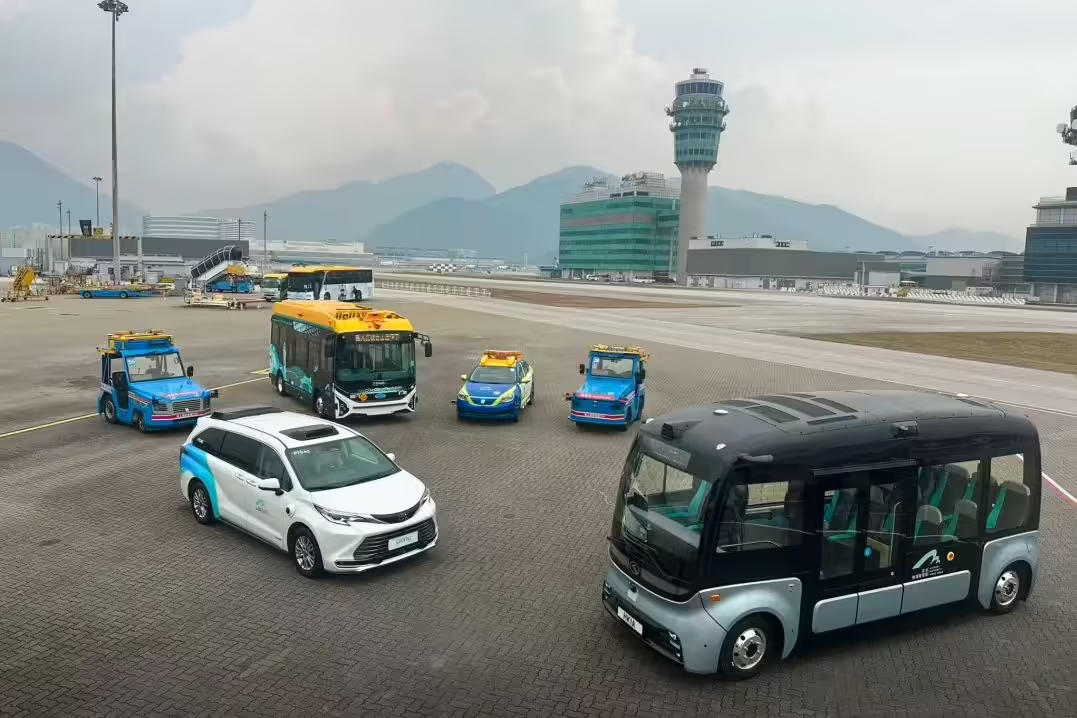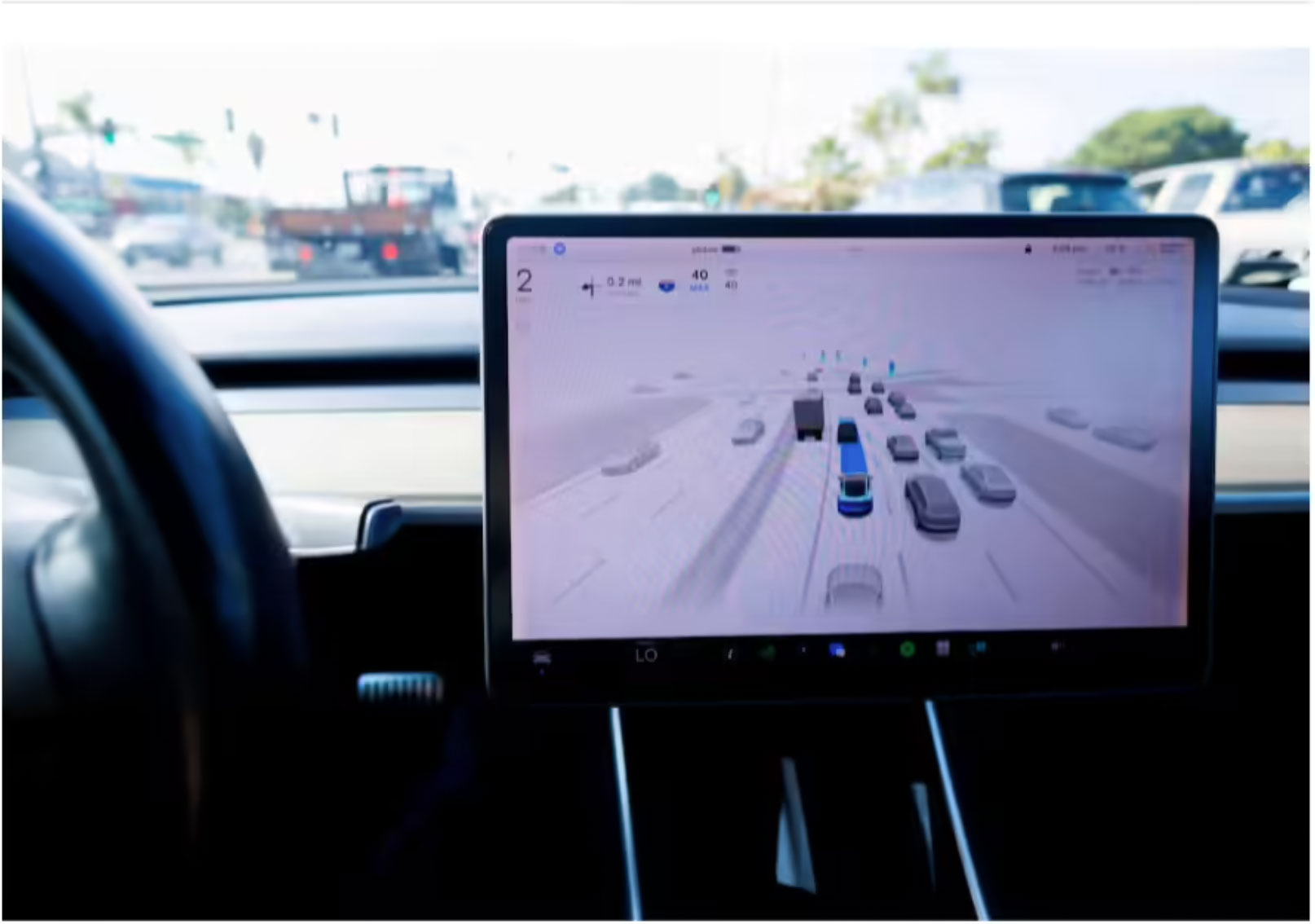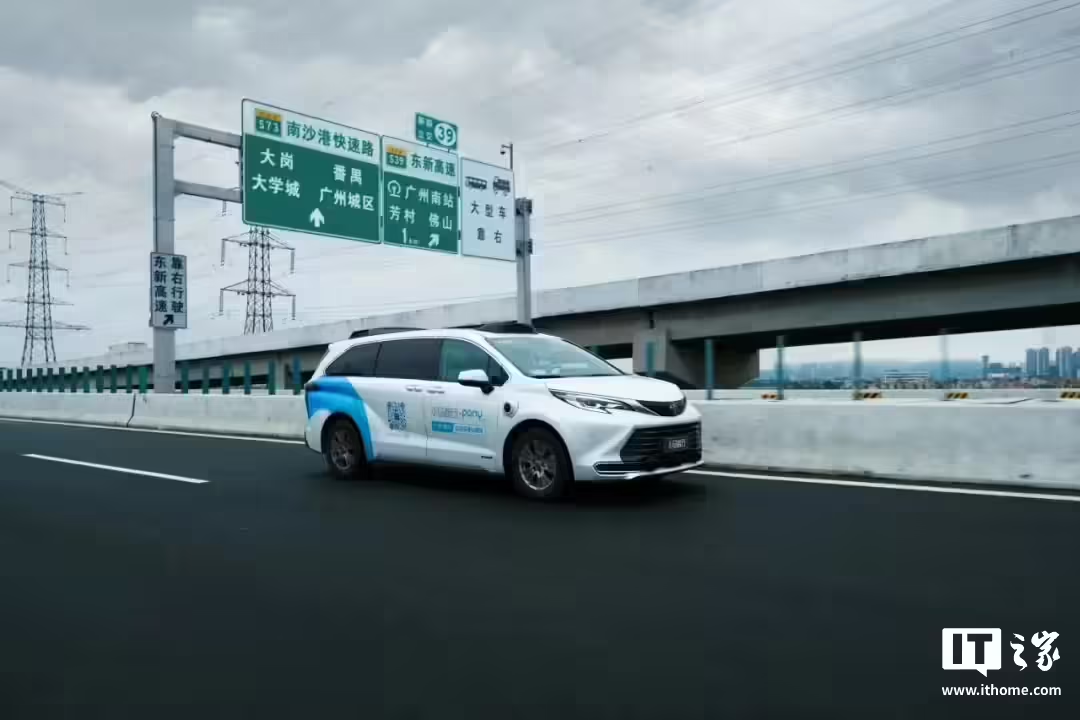Pony.ai Unveils Fully Autonomous Robotaxi at Hong Kong International Airport, Plans to Gradually Expand to Urban Areas
Pony.ai announced today that the Hong Kong Airport Authority has demonstrated several autonomous vehicles to the media, with most of these models already or soon to be in use at the airport. Pony.ai's sixth-generation autonomous Robotaxi was invited for the display. Pony.ai plans to provide airport staff with Robotaxi commuting services within Hong Kong International Airport, and gradually expand the Robotaxi travel services to urban areas of Hong Kong thereafter.
It is worth mentioning that the Hong Kong Airport Authority recently announced that passenger autonomous vehicles will be operational by the end of next year at the earliest. Currently, Pony.ai has launched a paid autonomous shuttle service at Beijing Daxing Airport and is conducting autonomous driving tests on key high-speed roads connecting Guangzhou Baiyun Airport. Hong Kong's terrain and traffic environment differ from the mainland, with vehicles driving on the left, dense traffic networks, and common multi-road intersection structures. At the same time, Hong Kong International Airport is also one of the busiest airports globally.
Officials stated that in the future, Pony.ai's autonomous demonstration application vehicles will freely travel across multiple mutual recognition areas in the Guangdong-Hong Kong-Macao Greater Bay Area, achieving cross-city autonomous driving travel services in major scenarios such as airports and high-speed train stations, providing local residents with autonomous driving travel experiences. At the same time, Pony.ai's autonomous trucks can also carry out cross-city cargo transportation in multiple mutual recognition areas, realizing more commercial scenarios.
According to previous reports, in November last year, the Hong Kong Transport Department announced the issuance of the first pilot license for autonomous vehicles under Article 4(1) of the Road Traffic (Autonomous Driving Vehicles) Regulations (Chapter 374AA), with the licensee being Baidu's Baidu Apollo International Limited. To enable the industry to test and apply autonomous vehicles more widely in Hong Kong, new regulations and regulatory systems for autonomous vehicles were implemented from March 1st last year, providing a flexible regulatory framework for autonomous vehicles.
Currently, Pony.ai has launched a paid autonomous shuttle service at Beijing Daxing Airport and is conducting autonomous driving tests on key high-speed roads connecting Guangzhou Baiyun Airport. Hong Kong's terrain and traffic environment differ from the mainland, with vehicles driving on the left, dense traffic networks, and common multi-road intersection structures. At the same time, Hong Kong International Airport is also one of the busiest airports globally.
Officials stated that in the future, Pony.ai's autonomous demonstration application vehicles will freely travel across multiple mutual recognition areas in the Guangdong-Hong Kong-Macao Greater Bay Area, achieving cross-city autonomous driving travel services in major scenarios such as airports and high-speed train stations, providing local residents with autonomous driving travel experiences. At the same time, Pony.ai's autonomous trucks can also carry out cross-city cargo transportation in multiple mutual recognition areas, realizing more commercial scenarios.
According to previous reports, in November last year, the Hong Kong Transport Department announced the issuance of the first pilot license for autonomous vehicles under Article 4(1) of the Road Traffic (Autonomous Driving Vehicles) Regulations (Chapter 374AA), with the licensee being Baidu's Baidu Apollo International Limited. To enable the industry to test and apply autonomous vehicles more widely in Hong Kong, new regulations and regulatory systems for autonomous vehicles were implemented from March 1st last year, providing a flexible regulatory framework for autonomous vehicles.





